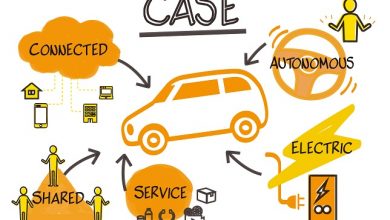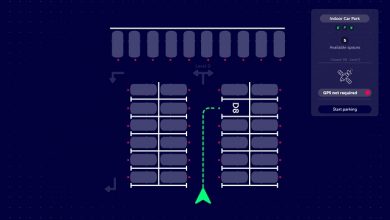TuSimple, a promising startup in autonomous trucking, hits air pocket

TuSimple was founded in September 2015 by Mo Chen and Dr Xiaodi Hou. The company initially operated from Beijing and San Diego. It entered a partnership with UPS (2019) and ZF (2020). The partnership with ZF was for mass production of autonomous trucks to bring them to market. Further, it partnered with Triton Group(2020, Sept.) to jointly develop autonomous trucks. It also partnered with Navistar(July 2020) to integrate its autonomous system into their freight carriers but was dissolved in 2020.
The promising autonomous trucking company has of late been in the news for wrongful transfer of autonomous truck tech to another company founded by one of the TuSimple founders. Besides this there has been corporate instability and TuSimple has seen falling share price, having lost over 95% of its launch price(2021).
Telematics Wire reached out to TuSimple to get some of the pointers on what went wrong with a promising startup. TuSimple, like many many other startups who lost their way or perished midway, always have learnings for new startups.
Some of the questions on its products and services which were answered by Cheng Lu, its President and CEO.
Questions from Telematics Wire
- Can you share your views/comments on your “Driver Out” commercial runs?
TuSimple’s “Driver Out” runs are among our company’s greatest accomplishments. Not only were we the first autonomous truck company to successfully demonstrate the ability to do driver-out in both the United States and in China, but we were also able to demonstrate the safety and reliability of TuSimple’s autonomous driving technology.
TuSimple’s first full driver-out run took place in December, 2021 from Tucson to Phoenix, Arizona. Recently, a similar run was conducted in China on the designated public roads approved by the Shanghai government, including Yangshan Deep-water Port Logistics Park and Donghai Bridge. The China run was operated by TuSimple China’s Autonomous Driving System without a human on board, without remote human control of the vehicle, and without traffic intervention
- How has been the industry response to the “Carrier-Owned Capacity” business model?
Industry response to Carrier-Owned Capacity has been strong. Carriers are very interested in technology that has the potential to lower costs, reduce emissions, and increase safety.
- Any update on autonomous truck?
TuSimple has already evolved five generations of prototype autonomous trucks using an upfit model whereby a conventional class 8 truck platform serves as a base. For scaled commercialization, we need to integrate the technology used in the upfit model to fully integrate and address requirements for scaling such as serviceability, cleaning and calibration. We expect the alignment of the tier 1 and OEM industry players to align in a few years for the first scaleable, purpose built AV trucks.
- Will retrofitted trucks continue even after you have fully integrated vehicles?
Eventually, I believe we will see the end of upfitting once autonomous systems move to a line-fit option for new vehicles. For the time being, upfits serve as a great option to equip trucks today with autonomous driving systems.





